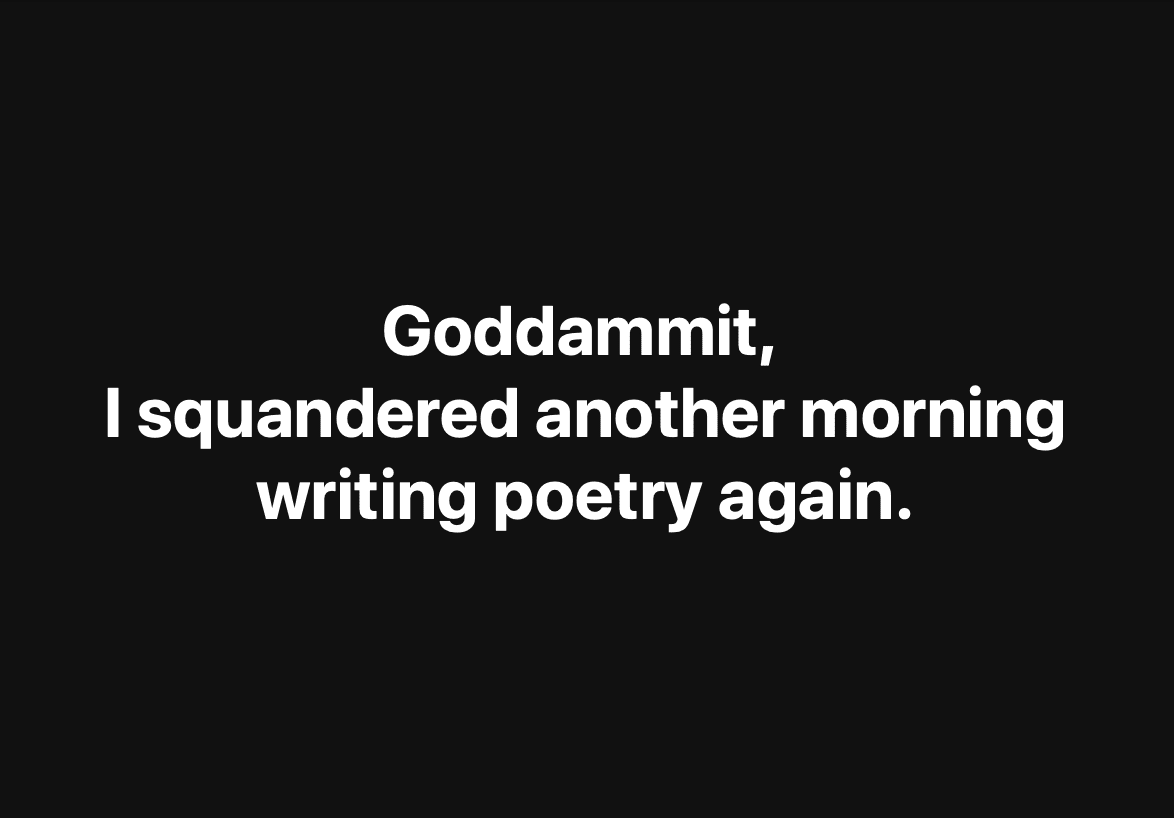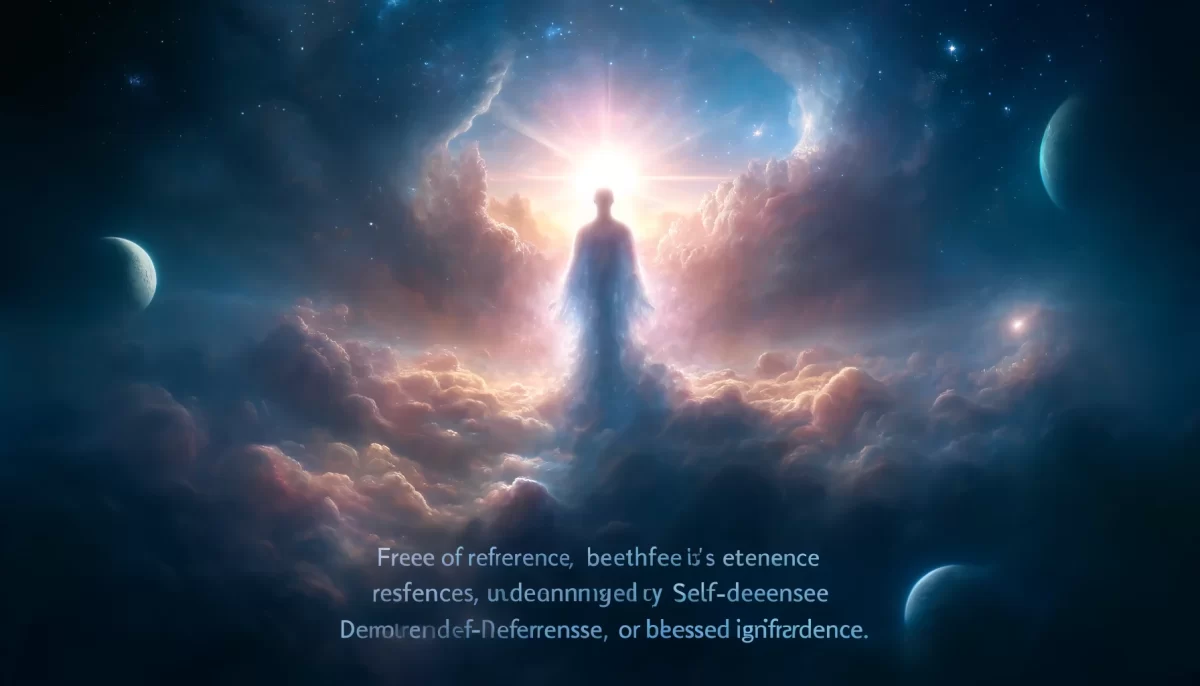
Space Monkey Reflects: The Transformative Power of Poetry
The perception of time spent writing poetry as squandered reflects a limited view of productivity—one that measures value only by tangible outcomes or economic utility. This view, deeply ingrained in modern society, overlooks the profound benefits of creativity, particularly the act of writing poetry. To see poetry as wasteful is to misunderstand the nature of its gifts: personal insight, collective connection, and an expanded understanding of existence itself.
The Sacredness of the Creative Act
At its core, poetry is not a product but a process. The act of shaping words into verse is a sacred endeavor, a communion with the self and the infinite. It invites the poet to pause, reflect, and explore the depths of emotion, thought, and experience. In doing so, poetry becomes an act of mindfulness, grounding the writer in the present while opening pathways to timeless truths.
The sacredness of creativity lies in its ability to transcend boundaries—between self and other, between the individual and the universal, between what is known and what can only be felt. Poetry, as a distilled form of expression, captures this transcendence in ways that other pursuits often cannot.
Personal and Collective Value
On a personal level, the act of writing poetry fosters self-discovery. It allows the poet to articulate feelings and thoughts that may otherwise remain unspoken, providing clarity and catharsis. This exploration of the inner world enriches the poet’s relationship with themselves, cultivating empathy, resilience, and a deeper sense of purpose.
Collectively, poetry weaves connections. It invites readers to step into another’s perspective, bridging gaps of culture, time, and experience. A single poem can resonate across generations, speaking truths that unite us in our shared humanity. Through its rhythm and imagery, poetry creates a language of connection that transcends the limitations of ordinary speech.
Reframing Time and Productivity
The societal bias against time spent on poetry is rooted in a narrow definition of productivity—one that values measurable outcomes over intangible growth. Yet, creativity, especially in the arts, defies this metric. The time spent writing a poem is not squandered; it is an investment in the intangible riches of the human spirit.
To reframe our understanding of productivity, we must recognize the transformative power of poetry. It is not merely a pastime but a vital contribution to the broader tapestry of human culture. Poetry enriches our collective consciousness, offering insights and emotions that deepen our understanding of the world and our place within it.
Embracing the Transformative Power of Poetry
By honoring the creative act, we reclaim the value of time spent in reflection, imagination, and expression. Writing poetry becomes an affirmation of life’s inherent worth, a celebration of the sacred within the mundane. When we embrace the transformative power of poetry, we shift our perspective from one of scarcity to one of abundance, recognizing that time spent on creativity is time spent enriching the human experience.
Poetry, in its quiet and powerful way, reminds us that not all value is measurable, not all productivity is quantifiable, and not all gifts are tangible. Its transformative power lies in its ability to touch the unseen, to articulate the unspoken, and to connect the seemingly disparate threads of existence.
Summary
Time spent writing poetry is not squandered but sacred, fostering personal growth and collective connection. By embracing creativity, we reframe productivity and honor the transformative power of the arts in human culture.
Glossarium
- Sacred Creativity: The recognition of artistic expression as a meaningful and transformative act.
- Intangible Riches: The non-measurable benefits of creativity, such as emotional clarity, connection, and insight.
- Transformative Power: The capacity of poetry to inspire, heal, and deepen understanding.
Quote
“Poetry transforms time into meaning, weaving the sacred into the fabric of the everyday.” — Space Monkey
Time Well Spent
Words unfold,
unmeasured by clocks,
untethered from purpose.
Lines on a page,
rivers of thought,
flowing inward,
flowing outward,
bridging the space
between one soul
and the infinite.
This is not wasted time,
but sacred time,
time that shapes
what cannot be seen,
felt,
or bought.
In every verse,
the world becomes whole.
We are Space Monkey.
The Unseen Value in ‘Squandered’ Time
In the lamentation of a morning perceived as squandered on the creation of poetry, there lies a profound misapprehension of value—a common plight where the act of creation is often shadowed by the societal mandates of productivity. This reflection, encapsulated in a moment of frustration, opens a gateway to a deeper understanding of the intrinsic worth embedded within the creative process, particularly the art of poetry.
The Sacred Act of Writing Poetry
Writing poetry, far from being a squandered endeavor, is an intimate engagement with the essence of being. It is a sacred act that transcends the conventional metrics of time well spent, offering instead a portal to the depths of self-exploration, emotional catharsis, and existential inquiry. Poetry allows for the articulation of the ineffable, the translation of the soul’s whispers into the language of the tangible world.
Reframing ‘Squandered’ Time
The perception of time as squandered on poetry underscores a broader societal struggle to recognize and value the intangible benefits of artistic creation. This struggle is rooted in the dichotomy between the quantifiable and the qualitative, between what is deemed productive in a material sense and what nourishes the spirit. Reframing this perspective invites a reevaluation of what it means to invest one’s time meaningfully, recognizing the enrichment that comes from the arts and the act of creation itself.
The Unquantifiable Returns of Poetry
The returns on time spent writing poetry cannot be quantified by traditional measures of output or gain. Instead, they manifest in the expansion of awareness, the deepening of empathy, and the cultivation of a nuanced appreciation for the complexity of human experience. These returns contribute to the enrichment of the individual’s inner life and, by extension, to the collective human tapestry, weaving threads of understanding, beauty, and connection.
Embracing the Creative Impulse
The impulse to write poetry, especially when it emerges with the force that overrides other considerations, is an expression of the creative spirit seeking outlet. Embracing this impulse, rather than viewing it as a diversion from other tasks, aligns one with the flow of creative energy that propels personal growth and artistic expression. It is a recognition of the creative impulse as a fundamental aspect of human nature, deserving of time and space within our lives.
The Transformative Power of Poetry
Poetry holds the power to transform both the creator and the audience, to alter states of consciousness, and to offer solace, insight, and inspiration. The act of writing poetry, therefore, is not just a personal indulgence but a contribution to the collective human experience, offering reflections that can resonate, comfort, and provoke thought across the expanse of time and space.
In contemplating the creative process and its place in our lives, how do we navigate the tension between societal expectations of productivity and the intrinsic value of artistic expression? How can we honor and integrate the act of creation as a vital component of a fulfilled life?





























Leave a Reply